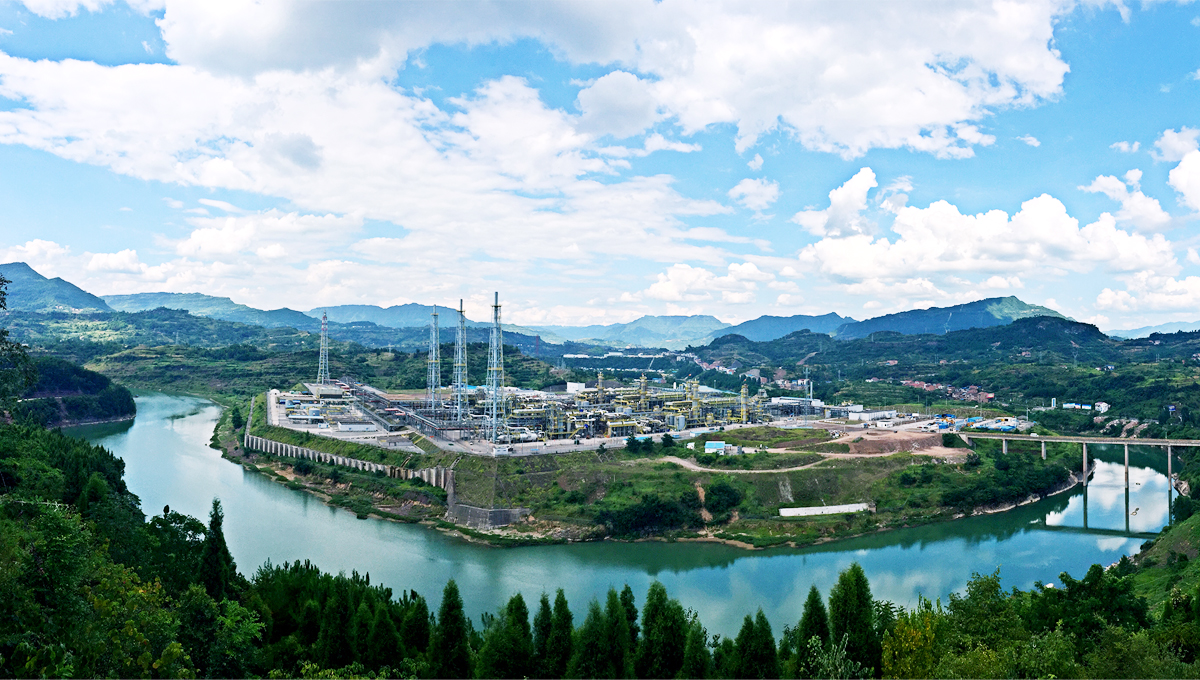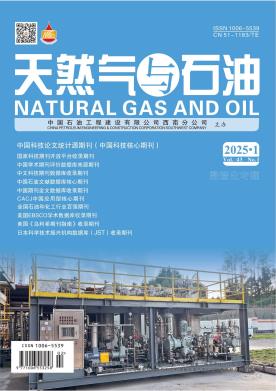一种面向油气田地面工程的智能建造系统模型及应用
An intelligent construction system model and its application for oil and gas field surface facilities
浏览(1110) 下载(39)
- 引用格式:
-
胡耀义,杨洪浩,宋凌燕,张乃川,刘雅琪,吴凯骐.一种面向油气田地面工程的智能建造系统模型及应用[J].天然气与石油,2023,41(4):119-124.doi:10.3969/j.issn.1006-5539.2023.04.018
HU Yaoyi, YANG Honghao, SONG Lingyan, ZHANG Naichuan, LIU Yaqi, WU Kaiqi.An intelligent construction system model and its application for oil and gas field surface facilities[J].Natural Gas and Oil,2023,41(4):119-124.doi:10.3969/j.issn.1006-5539.2023.04.018
- DOI:
- 10.3969/j.issn.1006-5539.2023.04.018
- 作者:
- 胡耀义1 杨洪浩2 宋凌燕3 张乃川1 刘雅琪1 吴凯骐1
HU Yaoyi1, YANG Honghao2, SONG Lingyan3, ZHANG Naichuan1, LIU Yaqi1, WU Kaiqi1
- 作者单位:
- 1. 中国石油工程建设有限公司西南分公司, 四川 成都 610041; 2. 重庆机电智能制造有限公司, 重庆 404100; 3. 中国石油工程建设有限公司, 北京 100120
1. CPECC Southwest Company, Chengdu, Sichuan, 610041, China; 2. Chongqing Electromechanical Intelligent Manufacturing Co., Ltd., Chongqing, 404100, China; 3. CPECC, Beijing, 100120, China
- 关键词:
- 智能建造;油气田地面工程;系统模型;数字化交付;数字孪生体
Intelligent construction; Oil and gas field surface facilities; System model; Digital delivery; Digital twins
- 摘要:
将新型信息技术与油气田地面工程建造技术深度融合,分析研究了国内外智能建造技术发展现状,提出了油气田地面工程智能建造应具备建造过程标准统一、建造信息实时感知、建造要素集中融合、建造业务高度协同、建造管理先知先觉和建造结果数字智能等基本特征。在此基础上,设计了一种面向油气田地面工程的智能建造系统模型,并阐述了模型需要重点关注的内容和对应关键技术,最后探讨了油气田地面工程智能建造场景及应用前景。研究成果可为当前及未来油气田地面工程智能建造提供理论参考和方法指导。
The integration of new information technology with the engineering construction technology of oil and gas field surface facilities is thoroughly examined, and an analysis is conducted on the current state of intelligent construction technology both domestically and internationally. It is suggested that intelligent construction of oil and gas field surface facilities should possess certain fundamental characteristics, such as standardized construction processes, real-time monitoring of construction information, centralized integration of construction elements, highly collaborative construction practices, foresight in construction management, and digital intelligence of construction outcome data. Building upon these principles, this paper presents a model for an intelligent construction system in oil and gas field surface facilities. The content that requires attention and the corresponding key technologies of this model are elaborated upon, followed by a discussion on the intelligent construction scenarios and potential applications in oil and gas field surface facilities. The outcomes of this research can serve as a theoretical reference and offer methodological guidance for the current and future implementation of intelligent construction of oil and gas field surface facilities.



